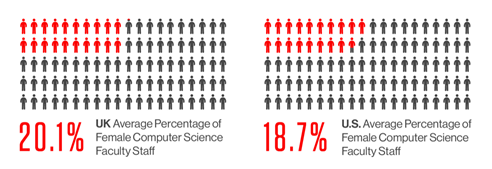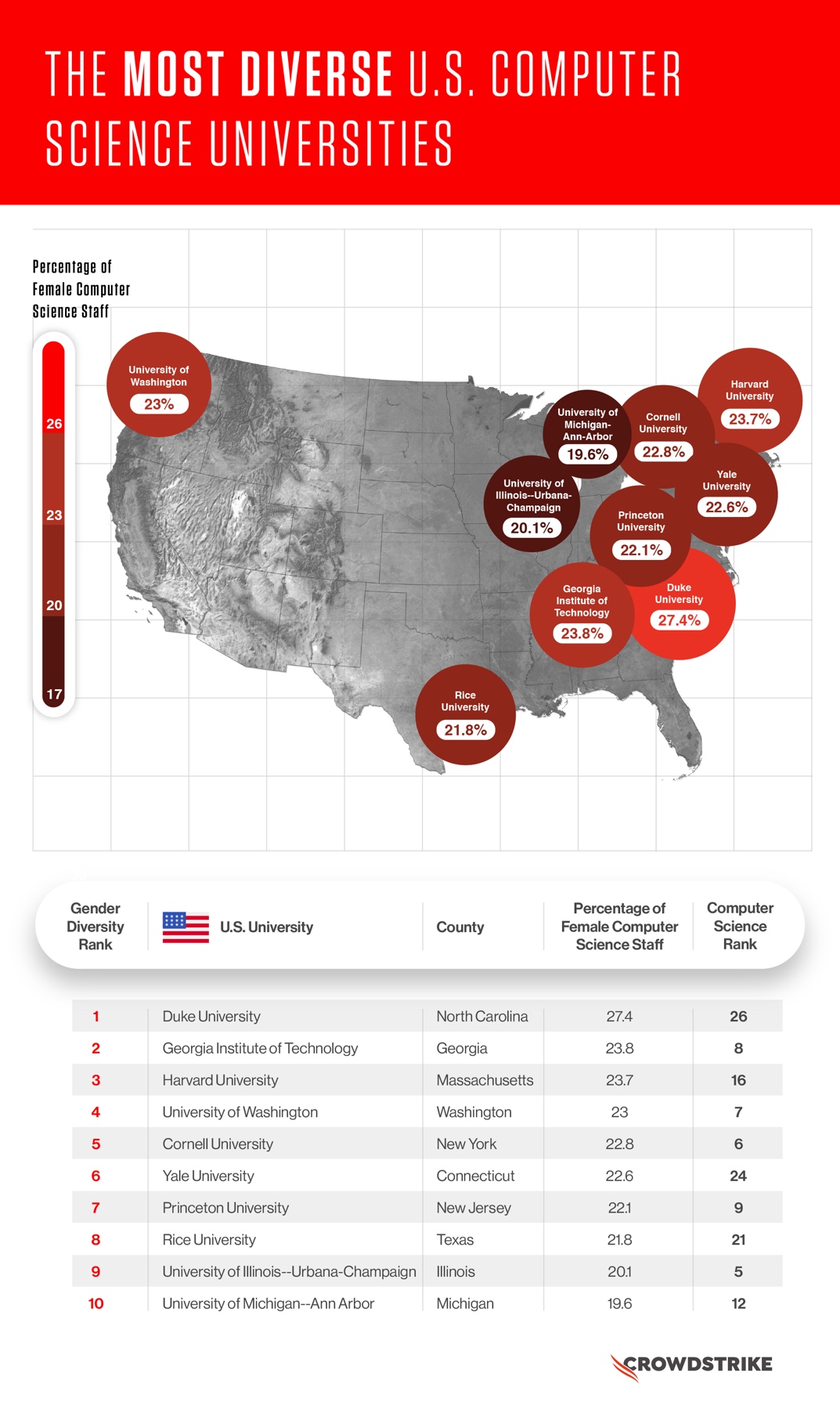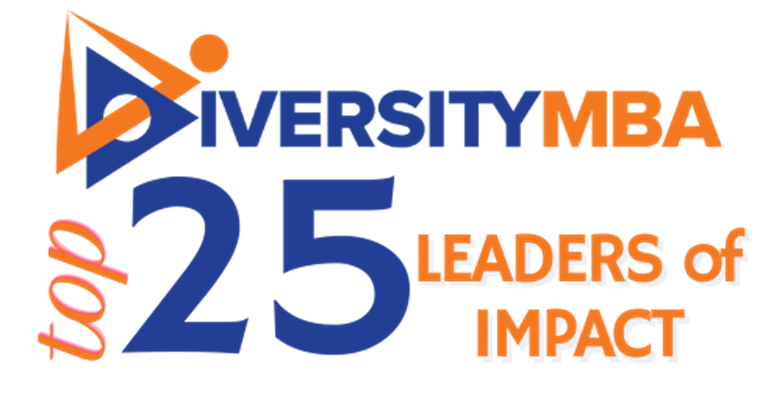Study names the U.S universities leading the way in gender diversity in the Computer Sciences
- Duke University, N. Carolina has the most gender diverse Computer Science department in the U.S. –
- Promisingly, 50% of the top 10 most diverse Computer Science departments are also in the top 10 most highly-rated –
A new study by cybersecurity technology company, CrowdStrike, reveals which U.S. universities are leading the way in boosting gender diversity in the Computer Sciences.
According to Bureau of Labor Statistics (BLS) figures, computer science research jobs will grow 19 percent by 2026. Yet, women only earn 18 percent of computer science bachelor’s degrees in the United States.
Recent research has also shown women are 52 percent more likely to stay in STEM fields if they have a female role model. The fewer female computer science academics there are, the less likely female students are to study computer sciences, leaving a gender gap in many university departments.
So, to find out which universities are leading by example, CrowdStrike has analyzed the top 25 Computer Sciences departments in the U.S to reveal which have the highest female representation among their teaching and research staff.
Duke University in North Carolina comes in first place in the study with the most gender-equal Computer Science department – 27.4 percent of its teaching and research staff are women. For student performance overall, Duke University’s Computer Science department ranks 26th in the U.S. out of 188 schools:
Bolstering research and education in STEM fields is a top priority at Duke University as part of its Academic Strategic Plan and includes a focus on diversifying its workforce and faculty cohort. This commitment is clearly having the desired impact in Computer Science, with the department taking the top spot nationwide.
In second place is the Georgia Institute of Technology in Atlanta with 23.8 percent of its Computer Science department staff female. The department is ranked as the 8th best in the U.S. too.
Georgia Tech runs a number of successful programs and initiatives, helping to nurture the next generation of STEM talent. One example is Stempower, a mentoring program offered by female students that encourages girls in fourth and fifth grade to explore STEM subjects like Computer Science and learn key character values.
Closely following Georgia Tech in third place is Harvard University in Cambridge, with 23.7 percent of its Computer Science department’s academic and research staff female. The department is ranked as the 16th best in the U.S.
Notably, Harvard’s Women in Science, Technology, Engineering, and Mathematics (WiSTEM) mentoring program is helping to forge a community of inclusion and enhance career pathways for women and other underrepresented students in STEM. So too is the student-led “Harvard Women in Computer Science” (WiCS), sponsored by a number of multinational technology organizations.
Making up the rest of the top five most gender diverse Computer Science departments in the U.S. are the University of Washington (23 percent female) and Cornell University in New York (22.8 percent female).
If we compare the findings from the UK and U.S., the U.S. lags behind when it comes to gender representation – 20.1 percent of academic staff in the top 25 UK Computer Science schools are female, compared to 18.7 percent in the U.S.

The findings also suggest that, although positive progress is being made in many U.S. Computer Science departments, there is a lot more work to do to encourage the next generation of women into this exciting and in-demand career path.
The cybersecurity sector, in particular, is witnessing a growing skills gap. A recent global report found that the growing cybersecurity skills gap is impacting 70 percent of organizations. With only 24 percent of the global workforce being female, encouraging more women into a career in cybersecurity will help to close this gap.
J.C Herrera, Chief Human Resources Officer at CrowdStrike commented on the findings:
“It’s encouraging to see universities in the U.S. increasing female role models in the Computer Sciences to inspire the next generation and help to address the growing skills gap in technology disciplines.
“Alongside the initiatives being delivered in higher education to improve female representation in STEM, the private sector must play a pivotal role too by partnering with trailblazing organizations and charities, as well as offering scholarships and innovative apprenticeship schemes. If we want to continue driving our industry forward, we must address these inequities.”
To view the full study, click here.









